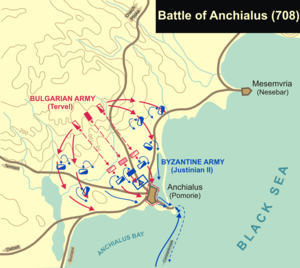| Millennium: | 1st millennium |
|---|---|
| Centuries: | |
| Decades: | |
| Years: |
| 708 by topic |
|---|
| Leaders |
| Categories |
| Gregorian calendar | 708 DCCVIII |
| Ab urbe condita | 1461 |
| Armenian calendar | 157 ԹՎ ՃԾԷ |
| Assyrian calendar | 5458 |
| Balinese saka calendar | 629–630 |
| Bengali calendar | 115 |
| Berber calendar | 1658 |
| Buddhist calendar | 1252 |
| Burmese calendar | 70 |
| Byzantine calendar | 6216–6217 |
| Chinese calendar | 丁未年 (Fire Goat) 3405 or 3198 — to — 戊申年 (Earth Monkey) 3406 or 3199 |
| Coptic calendar | 424–425 |
| Discordian calendar | 1874 |
| Ethiopian calendar | 700–701 |
| Hebrew calendar | 4468–4469 |
| Hindu calendars | |
| - Vikram Samvat | 764–765 |
| - Shaka Samvat | 629–630 |
| - Kali Yuga | 3808–3809 |
| Holocene calendar | 10708 |
| Iranian calendar | 86–87 |
| Islamic calendar | 89–90 |
| Japanese calendar | Keiun 5 / Wadō 1 (和銅元年) |
| Javanese calendar | 600–602 |
| Julian calendar | 708 DCCVIII |
| Korean calendar | 3041 |
| Minguo calendar | 1204 before ROC 民前1204年 |
| Nanakshahi calendar | −760 |
| Seleucid era | 1019/1020 AG |
| Thai solar calendar | 1250–1251 |
| Tibetan calendar | 阴火羊年 (female Fire-Goat) 834 or 453 or −319 — to — 阳土猴年 (male Earth-Monkey) 835 or 454 or −318 |

Year 708 (DCCVIII) was a leap year starting on Sunday (link will display the full calendar) of the Julian calendar, the 708th year of the Common Era (CE) and Anno Domini (AD) designations, the 708th year of the 1st millennium, the 8th year of the 8th century, and the 9th year of the 700s decade. The denomination 708 for this year has been used since the early medieval period, when the Anno Domini calendar era became the prevalent method in Europe for naming years.